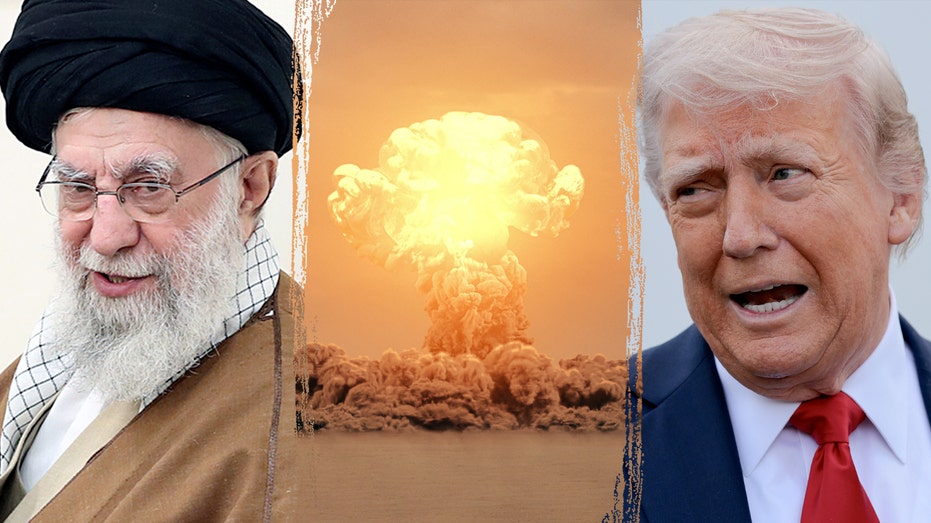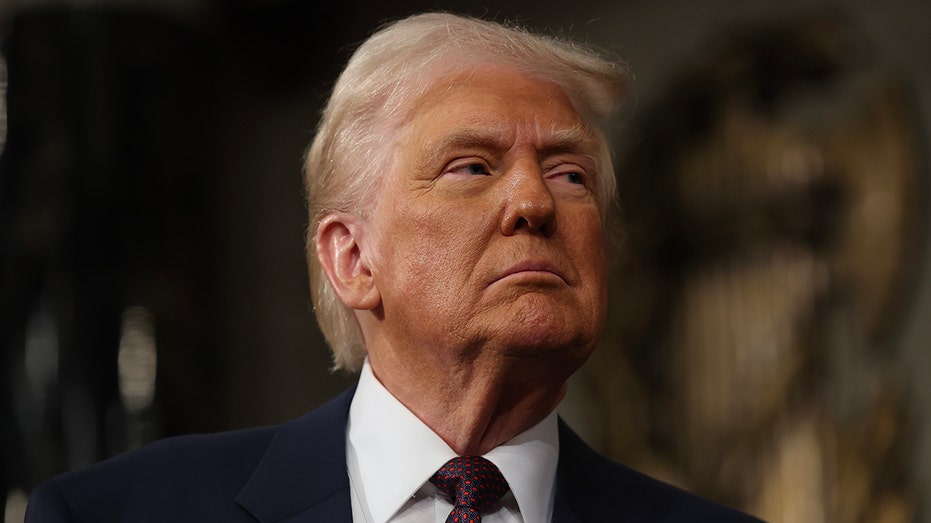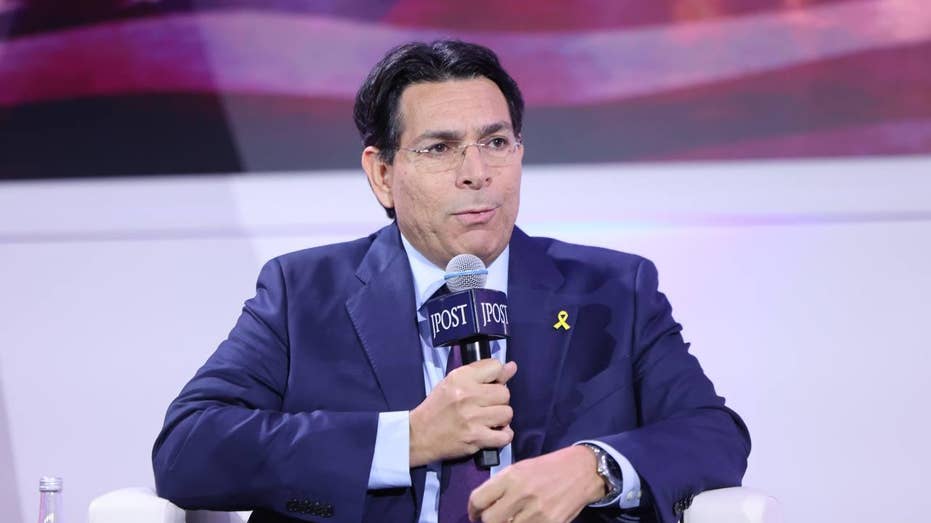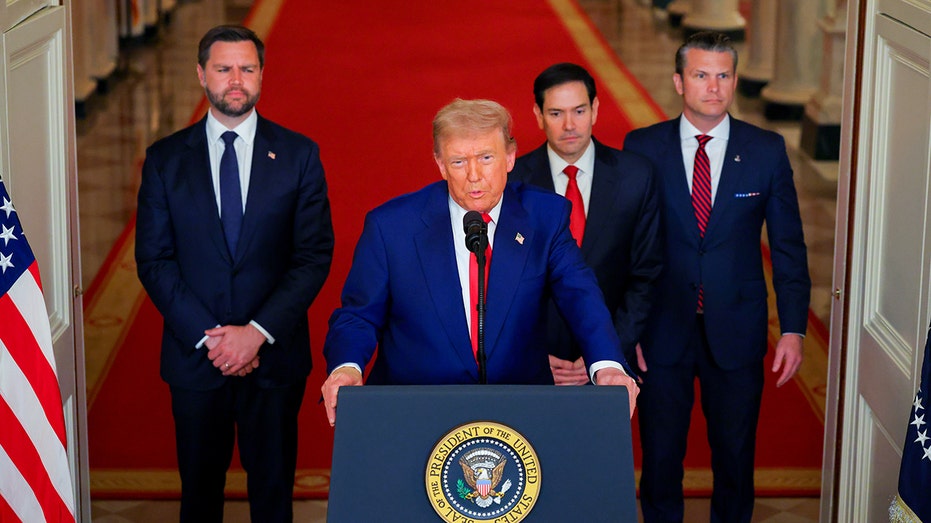UN Nuclear Watchdog Pushes for 'Trust But Verify' in US-Iran Talks

Sarah Johnson
April 24, 2025
Brief
As US-Iran nuclear talks resume, IAEA chief stresses the need for verifiable agreements, highlighting concerns over Iran’s nuclear advancements and the importance of international inspections.
As the United States and Iran gear up for their third round of nuclear negotiations, the chief of the International Atomic Energy Agency (IAEA) is making it crystal clear: when it comes to Tehran, the world needs to "trust but verify."
With Washington and Tehran set to meet again Saturday, discussions will delve into both the technical nitty-gritty of Iran's nuclear program and the ever-delicate political maneuvering. The talks, which have been mediated by Oman, have so far been praised by IAEA Director General Rafael Grossi, though he noted the agency hasn't officially joined the negotiating table—yet.
Grossi told reporters in D.C. that there’s a lot riding on these talks and that the international community expects any agreement to be verified by the IAEA. "It's good the United States and Iran have a direct conversation. Of course, there are parallel processes. We have to keep our eyes on the ball. We must avoid Iran or prevent Iran from getting weapons. This is the objective," he said.
According to Grossi, once the politicians finish hashing out the broad strokes, the IAEA will need to step in to ensure everything is, well, actually happening. "They all are expecting the IAEA to step in at the right time," Grossi added. "We are at their service to support, to make this thing credible. In a certain sense, they may have a political agreement, but then we have to make it verifiable."
Meanwhile, Iranian Foreign Minister Abbas Araghchi was set to pitch Iran as a champion of nuclear non-proliferation at a major international conference in China. However, his speech was dropped after Tehran demanded format changes the organizers refused. Still, the address was apparently going to argue that Iran’s intentions have been misunderstood—though, based on history, that’s got to be the world’s oldest diplomatic sales pitch.
Since the US withdrew from the Joint Comprehensive Plan of Action (JCPOA), Iran has cranked up its nuclear activities, stockpiling uranium near weapons-grade and advancing its centrifuge and missile programs. Experts say these stockpiles, if further enriched, could be enough for five nuclear warheads—a number that should make anyone who’s seen a James Bond movie a little jumpy.
Asked whether he believes Iran is negotiating honestly, Grossi kept it simple: "Trust, but verify. We need to verify." He stressed the IAEA’s role as inspectors, not just bystanders, and said their work is essential to building any kind of trust between all parties involved.
Grossi also pointed out that the old JCPOA framework is looking pretty dusty these days, especially considering Iran’s technological leaps. The current talks are covering everything from uranium stockpiles and inventories to centrifuge upgrades and weaponization capabilities. "We have a much more complex field in front of us," Grossi admitted. "The good thing is we know what we need to look at. We have a unique perspective of that."
Topics
Editor's Comments
Honestly, if I had a dollar for every time an international deal relied on 'trust but verify,' I’d be able to fund my own atomic lab—minus the drama, hopefully. With Iran’s history of nuclear plot twists, I’d say the IAEA’s job is a bit like babysitting a toddler in a room full of paint cans: you want to believe they’ll behave, but you’re definitely going to check the walls.
Like this article? Share it with your friends!
If you find this article interesting, feel free to share it with your friends!
Thank you for your support! Sharing is the greatest encouragement for us.



